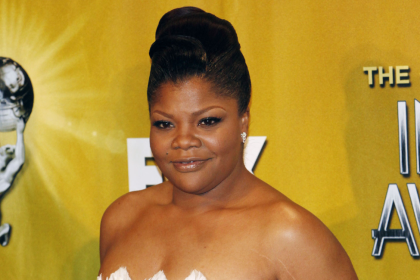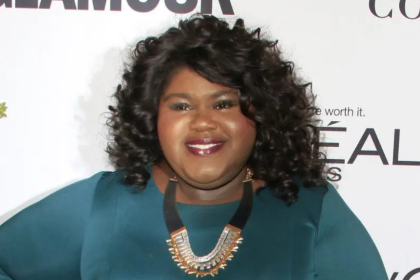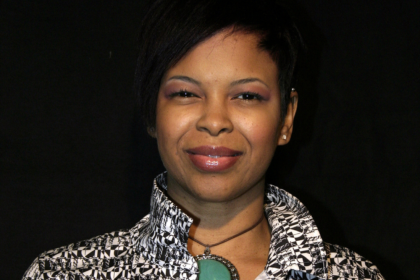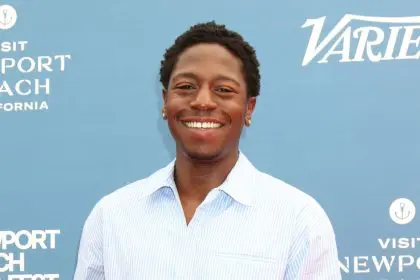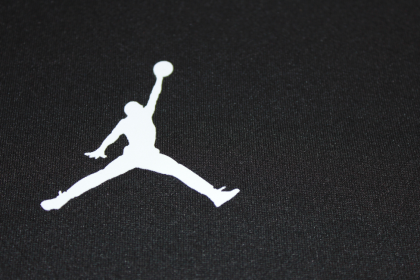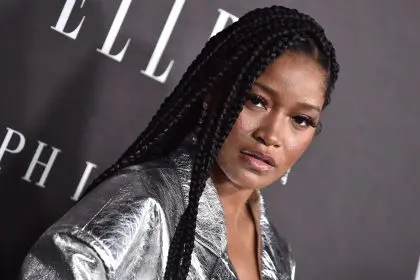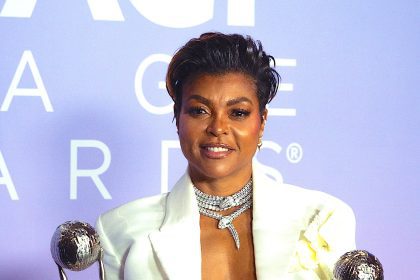
“Visa, Nike, Clorox and Burger King have systematically ignored African American consumers,” a charged up Carol H. Williams told a captive audience during the 40th Annual Rainbow Push Coalition convention held in Chicago.
Carol H. Williams is an institution in the advertising and marketing industry. Not the African American advertising and marketing industry, mind you, but the industry as a whole, as she is responsible for some of the most memorable ad campaigns including Secret deodorant’s timeless pitch, “strong enough for a man, but made for a woman.”

Williams and a panel of advertising and media experts discussed the challenges that face African American advertising agencies and media companies, as some major corporations have greatly reduced — or eliminated — their spending budgets for the urban market.
Carol H. Williams encouraged the audience to get behind the joint effort to make companies that rely heavily on African American consumers accountable, and reinvest those profits into black and urban media buys, and in their respective communities.
Following is an excerpt from her remarks.
“Our pain is that you don’t understand your power.
“I understand that the Clorox company excels because you exist. Who do you think buys bleach, that is the multibillion dollar product, hypothetically, that Clorox sells? It’s bleach. It’s the pillar of their whole industry. But you go inside a Clorox bleach company and everyone in there looks just like their bleach.
“But they’re moving billions of dollars through yet, 42 percent of bleach is bought by African Americans and another 27 percent is bought by Hispanics. The rest of it is bought by ethnics. When you actually look at the Caucasian consumption of bleach, it’s less than 18 percent.
“Every single one of you have a bottle of Pine Sol, I don’t have to look in your cabinets, I can look at your numbers. African Americans buys 82 percent of Pine Sol. Who sells Pine Sol? Clorox.
“The brand manager is white, the assistant brand manager is white and [so are] the brand manager over the brand manager, the media manager, and you people demand nothing of this company. The only black person I ever saw at Clorox was me, and the receptionist. We have to create a situation that supports Rev. Jackson, and we have to figure out how to do that strategically, because our community will never be uplifted if we don’t demand more of these companies.”
Adding insult to injury, Williams explained, is the throng of African Americans who identify themselves as “other” on the U.S. Census. “A lot of these companies have the conspiracies going on, where we can’t even check the numbers to know how many are truly buying these automobiles. We just got a hint. To track these numbers, we need a budget. To track what you’re doing I need a budget. When I go and say, I need a budget, they say, ‘well, the Census says these people are checking other.’
“When did you figure out that ‘other’ was a race? I’d like to know. Other means give this money to somebody other than black. I understand the need to have self-identity, but when it comes to the Census, and the government, they’re talking about money, what dollar goes where. And you’re checking ‘other.’
“We have to get smarter than this. … Obama, do you know what he checked? He checked African American. Don’t you think that man knows who his mother was? He understands what that means.”
Carol H. Williams advised the audience that “we have to stop participating in this environment as if we’re not cognizant of what this environment is all about.”


